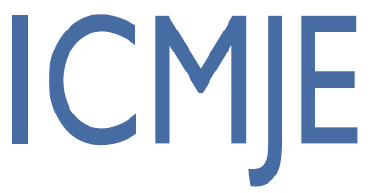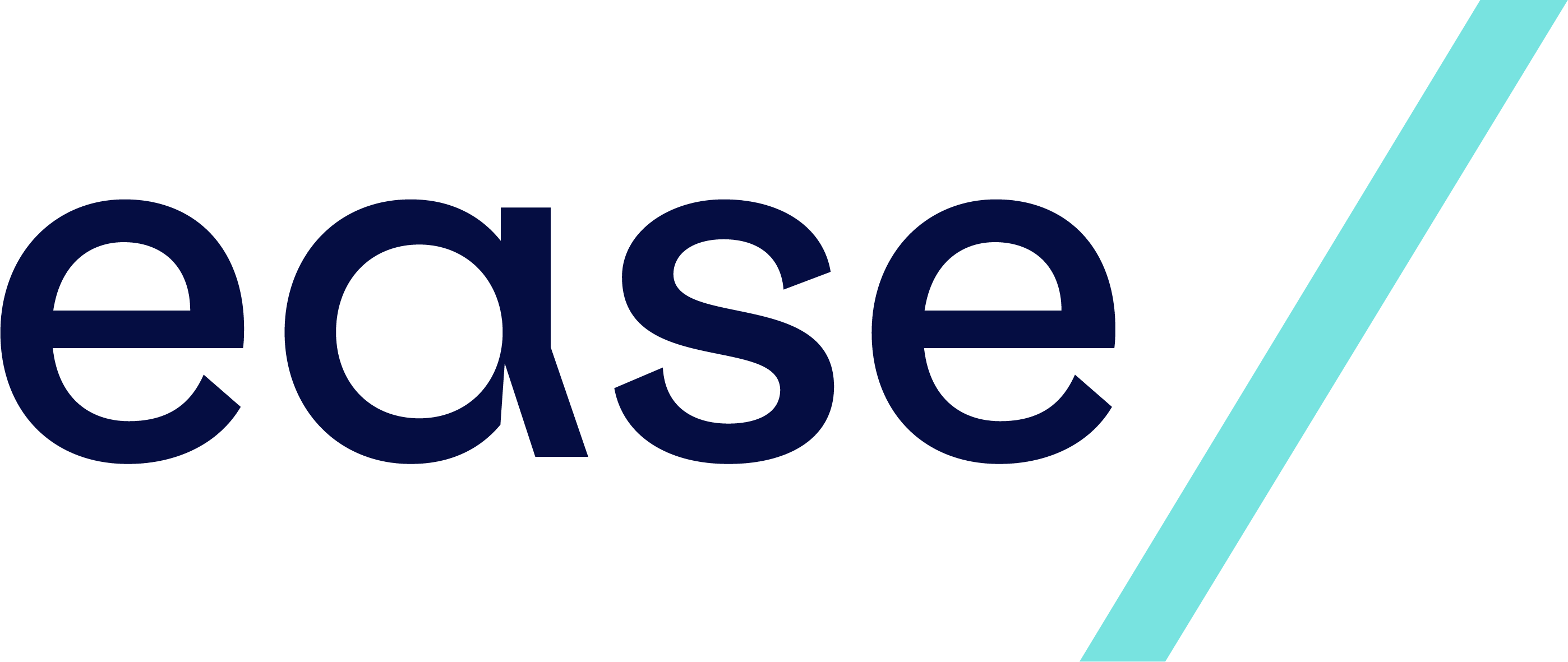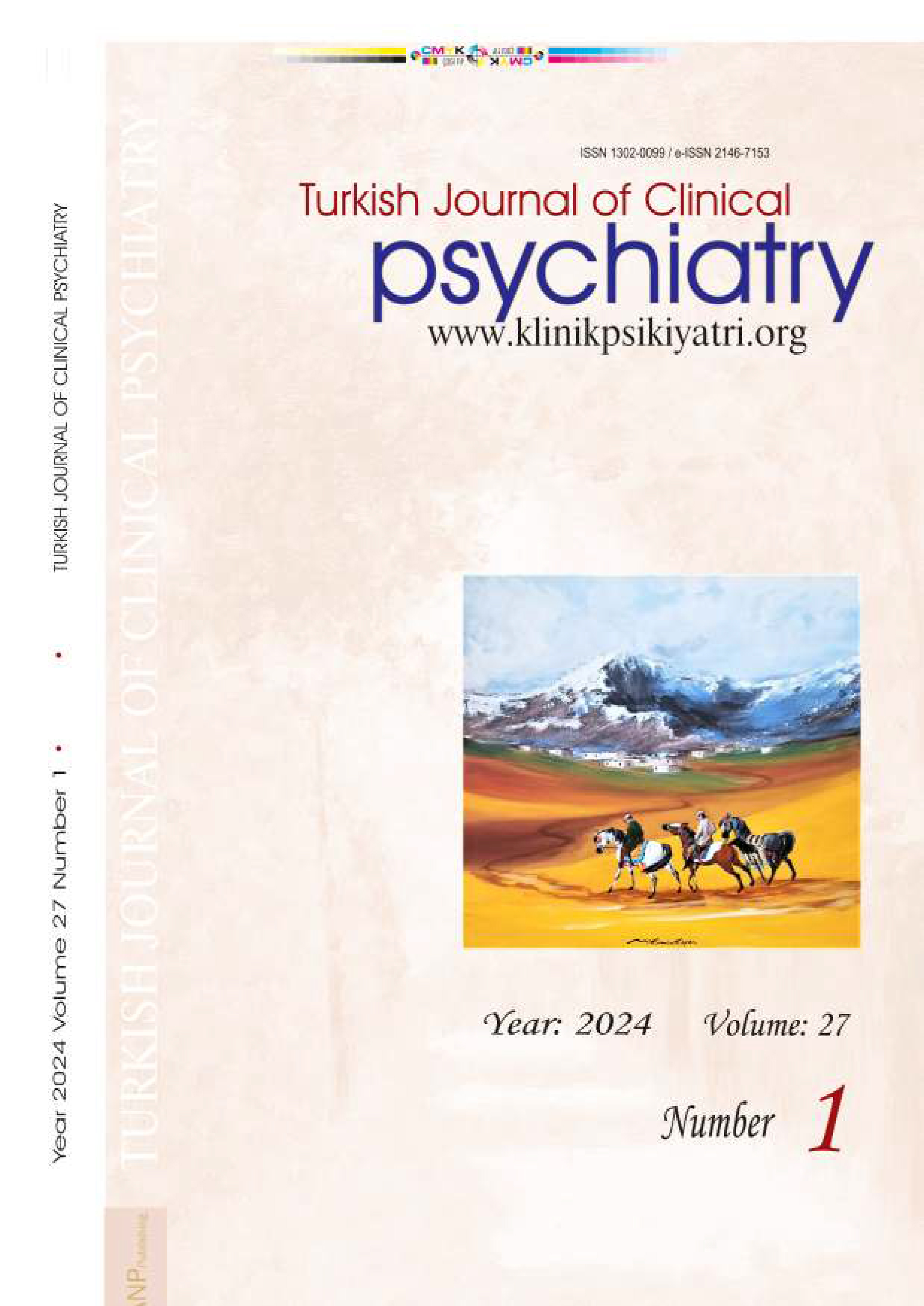





Cognitive behavioral therapy treatment of obsessions without observable compulsions (tur)
Elif Üzümcü, Müjgan InozuHacettepe University, Department of Psychology, Ankara, TurkeyPure obsessions consist of repeated intrusive thoughts, images or impulses that are not related to an overt compulsion, which are mostly ego-dystonic and regarded as unacceptable. Individuals with obsessions without overt compulsions use various suppression and mental control strategies, but these control strategies create a vicious circle by increasing the frequency and intensity of obsessive thoughts. Thus, efforts of different types of interventions are needed to be implemented for this special group. In this case report, the formulation and therapy process of a client who has been diagnosed with OCD and has different obsessions without observable compulsions is included. The therapy process consisted of cognitive behavioral psychotherapy practices including graded exposure and cognitive restructuring with behavioral experiments related to faulty appraisals. During the therapy process, cognitive and behavioral interventions were used to change faulty appraisals including thought-action fusion, exaggerated threat, need for control and intolerance to uncertainty. At the end of the psychotherapy process which consisted of 25 sessions, it was observed that the frequency of the client's intrusive thoughts decreased significantly, faulty appraisals regarding the importance and control of thoughts were replaced by realistic thoughts, and the attempts of the client to control and suppress thoughts and, also OCD symptoms decreased. As a result, in the treatment of obsessions without overt compulsions it is considered important to combine behavioral techniques with cognitive intervention techniques regarding faulty appraisals of intrusive thoughts and appraisals of mental control.
Keywords: Obsessive Compulsive Disorder, Intrusive Thoughts, Cognitive Behavioral Therapy, Case Study
Gözlenebilir kompulsiyonların eşlik etmediği obsesyonların bilişsel davranışçı terapi ile tedavisi (tur)
Elif Üzümcü, Müjgan InozuHacettepe Üniversitesi, Psikoloji Bölümü, AnkaraSalt obsesyonlar, doğrudan gözlenebilir bir kompulsiyon ile ilişkili olmayan, zihinde istem dışı beliren, yineleyici, çoğunlukla benliğe yabancı ve kabul edilemez nitelikte olan düşünce, imge ya da dürtülerden oluşmaktadır. Kompulsiyonların eşlik etmediği obsesyonlara sahip bireylerin çeşitli bastırma ve zihinsel kontrol stratejilerini kullandığı, ancak bu kontrol stratejilerinin obsesif düşüncelerin sıklığının ve yoğunluğunun artmasına neden olarak kısır bir döngü yarattığı; bu noktada müdahale yöntemlerinin farklılaşmasına ihtiyaç duyulduğu görülmektedir. Bu olgu sunumunda OKB tanısı ile izlenen ve gözlenebilir kompulsiyonların eşlik etmediği farklı içerikteki obsesyonlara sahip bir danışanın formülasyonu ve terapi süreci yer almaktadır. Terapi süreci, aşamalı maruz bırakma ile hatalı değerlendirmelere ilişkin bilişsel yeniden yapılandırma ve davranış deneylerini içeren bilişsel davranışçı psikoterapi uygulamalarından oluşmuştur. Terapi sürecinde düşünce-eylem kaynaşması, abartılmış tehdit, kontrol ihtiyacı ve belirsizliğe tahammülsüzlüğü içeren hatalı değerlendirmelere yönelik bilişsel ve davranışsal müdahalelerden yararlanılmıştır. 25 görüşmeden oluşan psikoterapi sürecinin sonunda danışanın istem dışı düşüncelerinin sıklığının belirgin biçimde azaldığı, düşüncelerin önemi ve kontrolüne ilişkin hatalı değerlendirmelerin gerçekçi düşünceler ile yer değiştirdiği, danışanın düşünceleri kontrol etme ve bastırma girişimlerinin ve OKB belirtilerinin azaldığı gözlenmiştir. Sonuç olarak; doğrudan gözlenebilir kompulsiyonların eşlik etmediği obsesyonların tedavisinde istem dışı düşüncelerin hatalı yorumlanması ve zihinsel kontrole yönelik hatalı değerlendirmelere ilişkin bilişsel müdahale tekniklerinin davranışçı teknikler ile birlikte uygulanmasının önem taşıdığı düşünülmektedir.
Anahtar Kelimeler: Obsesif Kompulsif Bozukluk, İstem Dışı Düşünceler, Bilişsel Davranışçı Terapi, Olgu Sunumu
Manuscript Language: Turkish
(2803 downloaded)










